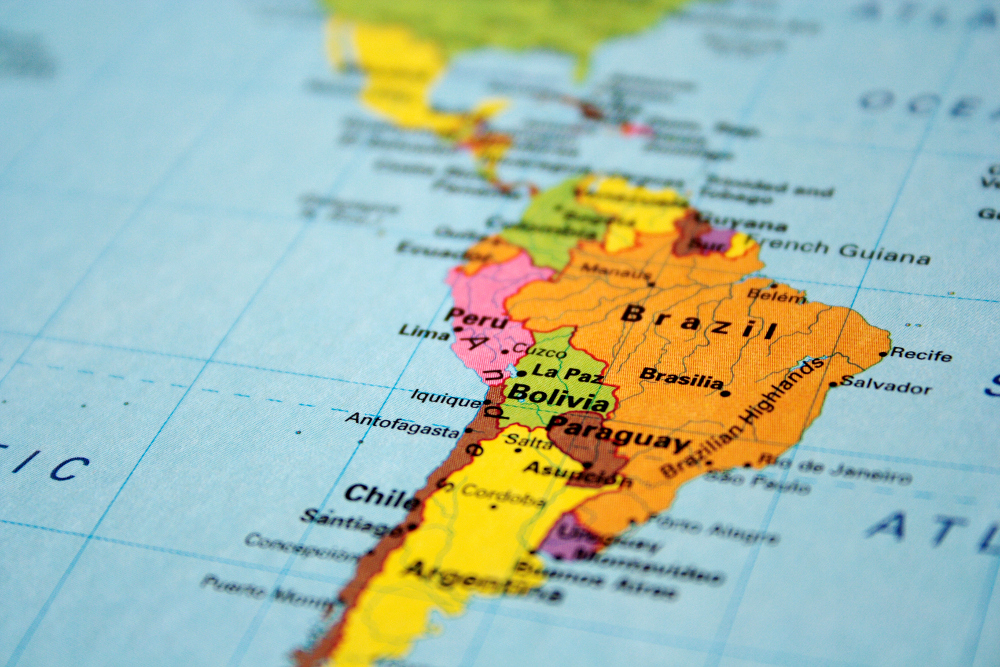Military authoritarian regimes of the 1960s were not pure military regimes. Civilian bureaucracy and technocracy and the business sector-both domestic and foreign-were also closely allied to the development strategy of the armed forces.
Authoritarian regimes which were civilian such as in Mexico had come to rely on internal intelligence agencies for governance, preponderant role of the president and the state had armed itself with extreme arbitrary powers; and, like the military regimes, brooked no opposition to the economic development strategies.
It was the presence of civilian technocratic class that made these regimes being described as BA regimes.
ADVERTISEMENTS:
In fact, since the times of populist regimes, coups in Latin America have not been purely military affairs. Military regimes have seen strong support and participation of powerful civilian groups and business interests.
Particularly in Argentina, civilian political opposition has invariably hobnobbed with the military encouraging the latter to intervene to realise the objectives of out of-power political party. This is how, since the coup of the 1930, Argentina military came to assume the role of ‘arbiter’ among competing civilian parties and politicians.
It is difficult to compare the Latin American militaries cross-nationally but it is undeniable that Latin American governments have often been coalitions of certain military factions and certain civilian ones.
ADVERTISEMENTS:
It is also to be borne in mind that military has exercised varied types and level of influence in politics. The military is one of the traditional pillars of the Latin American society with rights (fueros), responsibilities, and a legal standing that can be traced back to the colonial times.
It is therefore imperative to examine the role of military in any country in the context of the interaction of these traditions with the problems that each individual country faces. For the democratic regimes since the 1980s, the question of how to deal with the military is a critical one.
The 1988 Constitution in Brazil has retained the traditional role of military as a ‘moderating’ force in national politics. It was in the exercise of the responsibility vested by the 1946 constitution to maintain law and order that the military had brought the ‘revolution’ in 1964.
Castelo Branco himself had never doubted that he had acted constitutionally in staging the coup. In Chile, military has been able to guarantee its institutional interests and protect its budgets from structural adjustment programmes.
ADVERTISEMENTS:
Elsewhere, immunity for the armed forces was one of the conditions; retreating military regimes were able to impose on ‘transition’ democracies. Militaries may have returned to the barracks heralding the era of democratisation but in very powerful ways they remain one of the most powerful and unified actors in the politics of even the democratic regimes.

